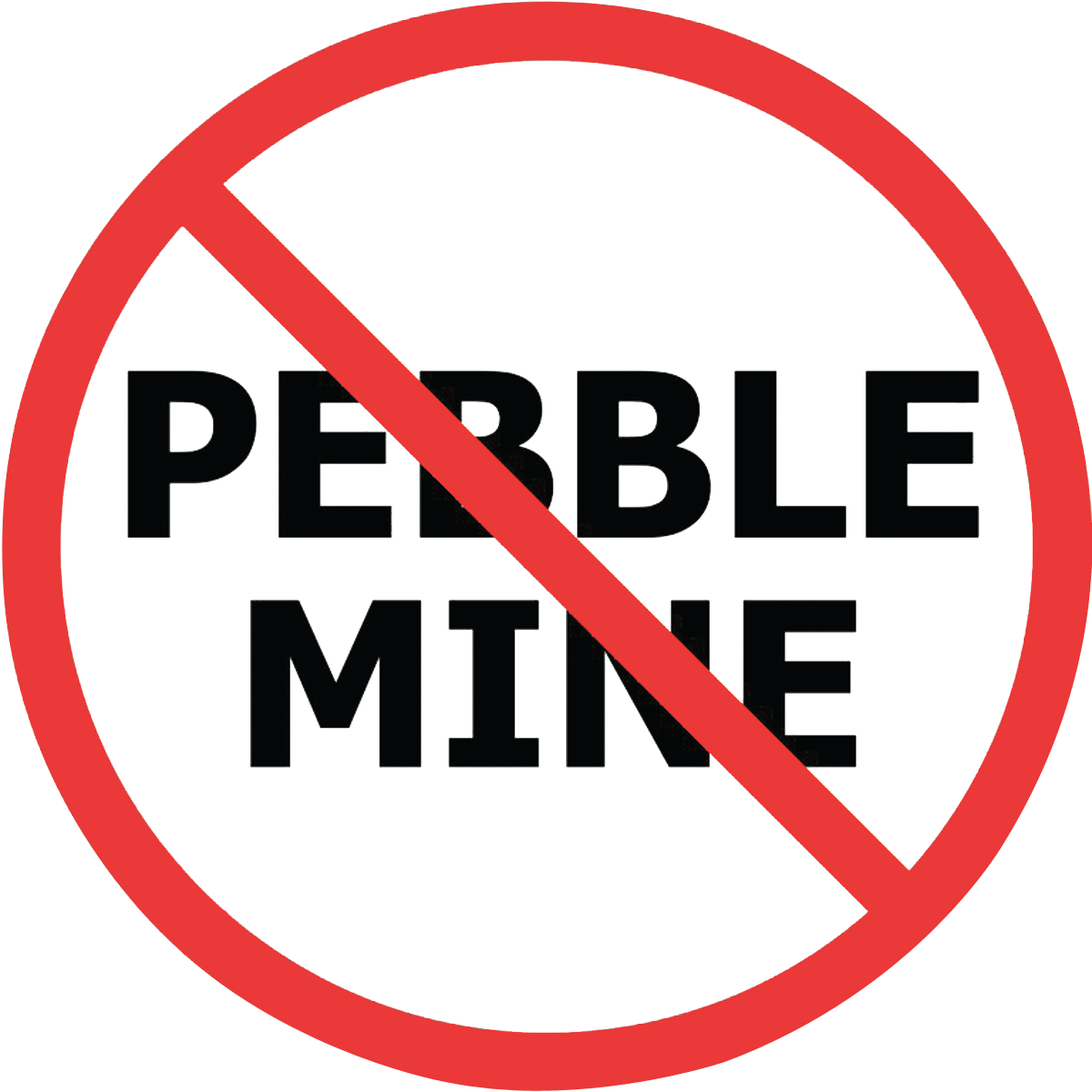By Guest Voices
on March 23, 2016 at 9:00 AM, updated March 23, 2016 at 9:01 AM
Patrick Patterson, president of Business Resource Solutions, LLCc/o Twitter
By Patrick Patterson, originally from Naknek, Alaska, he is president of Huntsville-based Business Resource Solutions, LLC.
For over a decade, Alaskans have fought against a proposed gold and copper mine in Bristol Bay, home to the world's most prolific wild salmon runs. The fight over Pebble Mine has attracted national opposition from all corners of the country, and from both Republicans and Democrats alike.
The fight over Bristol Bay's future has ties to Northern Alabama too.
Not only do Alabama sportsmen make annual trips to Bristol Bay to fish for 50-pound king salmon and trophy rainbow trout, but several companies that operate in Madison County have direct ties to the region. Huntsville-based Business Resource Solutions (BRS), a company I lead, is a subsidiary of Bristol Bay Native Corporation (BBNC), an Alaska regional corporation that is owned by Alaska Native shareholders with historic ties to Bristol Bay.
BRS provides support for BBNC contracting entities, which currently work at Redstone Arsenal and with the Army Corps of Engineers, amongst other installations and agencies. BRS is proud of its contributions to Huntsville, which include nearly 40 jobs and $2 million in annual wages. Several other BBNC companies work in the area as well. All told, BBNC subsidiaries employ over 200 people in Madison County and pay more than $8.5 million in local wages.
Opposition to Pebble is personal for me. Though I have called Huntsville home for over 12 years, I am Alaska Native and grew up in Bristol Bay. I know the wonders of Bristol Bay first hand and much of my family still calls it home. It's simply not the type of place we can risk to development like Pebble.
As proposed, Pebble would be the largest open-pit mine in North America with a pit three miles across and 3,000 feet deep situated at the headwaters of the region's fisheries. Fisheries that include a $1.5 billion commercial fishery, a renowned sport fishery, and a subsistence fishery that has fed the people of the region for millennia.
Though BBNC supports resource development, Pebble would be the wrong mine in the wrong place. In 2010, BBNC, with the strong support of its shareholders, petitioned the Environmental Protection Agency (EPA) to use its Clean Water Act authority to protect the region from Pebble's proposed development. In so doing, the Corporation joined many Bristol Bay tribes and commercial and sport fishing interests who had made similar requests.
We were encouraged when EPA responded to our requests and ultimately invoked its well-established Clean Water Act authority to propose common sense mining conditions for Pebble that would adequately protect the rivers, streams, and habitat that support Bristol Bay's incredibly valuable fisheries.
Unfortunately, legal maneuverings by the mine's owners have paused EPA's work to finalize these much-needed conditions. In Washington, the House Science, Space and Technology Committee, on which Congressman Mo Brooks sits, continues to challenge EPA's actions, even though the science upon which the conditions are based is sound and the conditions themselves enjoy wide public support from Alaskans. In fact just last week, the Committee continued to call into question the EPA's work, even though the agency's independent Office of Inspector General determined EPA acted appropriately in Bristol Bay.
BRS chose to be in Huntsville and Madison County because of its central location to our operations, the high quality of life and affordability of the state, and the local governments' commitment to an entrepreneurial spirit and small businesses. But everything BRS does has ultimate goal: to support BBNC's mission to enrich the Alaska Native way of life of its more than 10,000 shareholders. Without Bristol Bay's clean water, that way of life will be forever lost.
Any decisions about Pebble should first and foremost take into consideration the opinions of the people who live in Bristol Bay. Such decisions should not get mired in partisan politics. We hope the Huntsville community that we call home will support us as we to strive to protect Bristol Bay's fisheries, economies, and communities.
